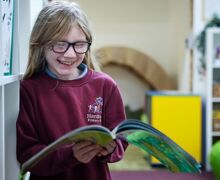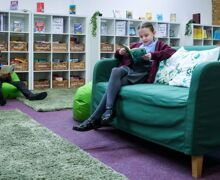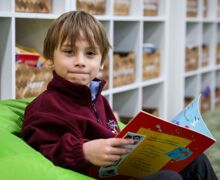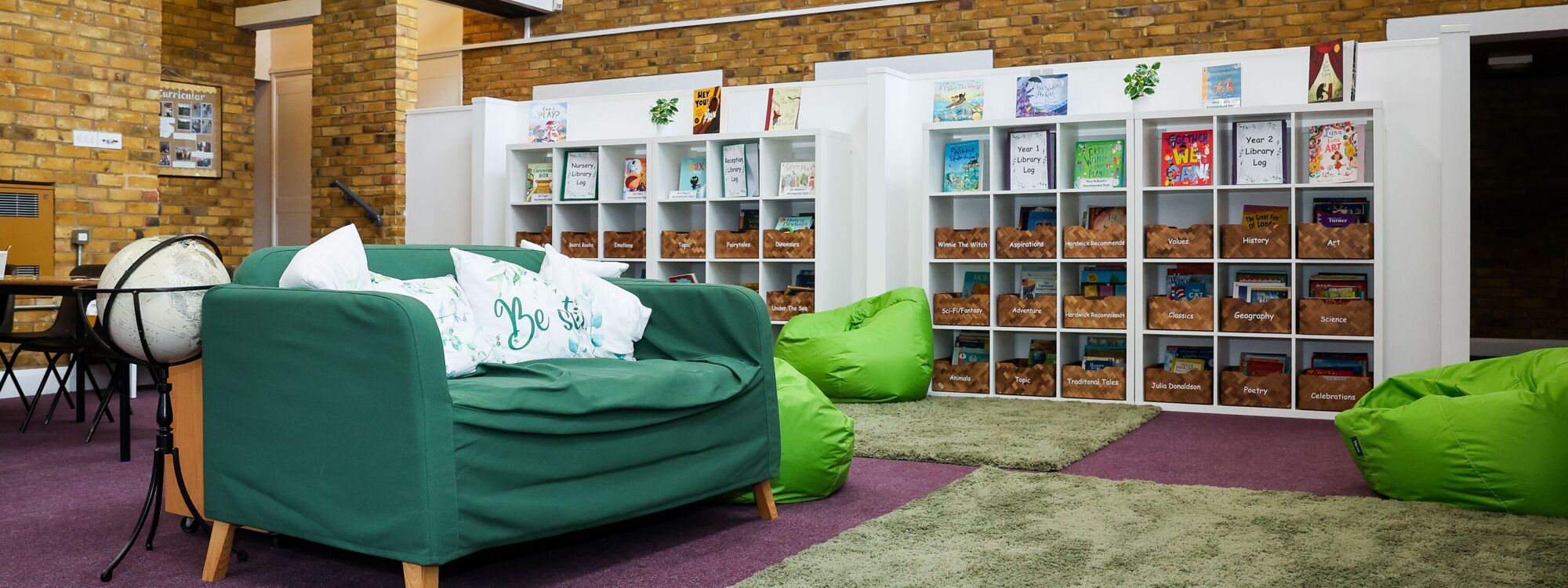Reading
RWI Phonics
At Hardwick, we follow RWI (Read Write Inc) Phonics. This is a systematic synthetic phonics programme validated by the DfE (Department for Education). Please read below for more information, or speak to our reading lead.
Reading Lead: Anna McBeath
How will my child be taught to read?
We start by teaching phonics to the children in the Reception class. This means that they learn how to ‘read’ the sounds in words and how those sounds can be written down. This is essential for reading, but it also helps children learn to spell well. We teach the children simple ways of remembering these sounds and letters.
The children also practise reading (and spelling) what we call ‘tricky words’, such as ‘once,’ ‘have,’ ‘said’ and ‘where’.
The children practise their reading with books that match the phonics and the ‘tricky words’ they know. They start thinking that they can read and this does wonders for their confidence.
The teachers read to the children, so the children get to know all sorts of stories, poetry and information books. They learn many more words this way and it also helps their writing.
How will I know how well my child is doing?
We will always let you know how well your child is doing.
We use various ways to find out how the children are getting on in reading. We use the information to decide what reading group they should be in. Your child will work with children who are at the same reading level as him or her. Children will move to a different group if they are making faster progress than the others. Your child will have one-to-one support if we think he or she needs some extra help to keep up.
We also use a reading test so that we can make sure that all our children are at the level that they should be for their age compared to all the children across the country.
In the summer term, the government asks us to do a phonics check of all the Year 1 children. That gives us extra information about their progress. We will talk to you about how well your child has done, and especially if we have any worries at all.
Reading for Pleasure
Reading for pleasure engages the imagination. Research shows a positive correlation between reading for pleasure and pupil attainment. As a school we work hard to promote and encourage reading for pleasure.
Our library is centred at the heart of our school. Children have weekly visits to the library with their class, and have the opportunity to choose from a wide selection of books. Library leaders help to organise the running of the library and take the responsibility for book returns and new book orders. The library is quiet, calm place that children can use throughout the day.
Throughout the year, children have the opportunity to take part in various reading events including the Scholastic Travelling Book Fair and World Book Day.



Reading Raffle
We encourage children to read regularly at home to increase their reading fluency but also to enjoy a wide range of texts. Reading four times a week will mean your child has a raffle ticket entry into the termly reading raffle, where they have a change to choose their own book to keep forever if their ticket is picked.



